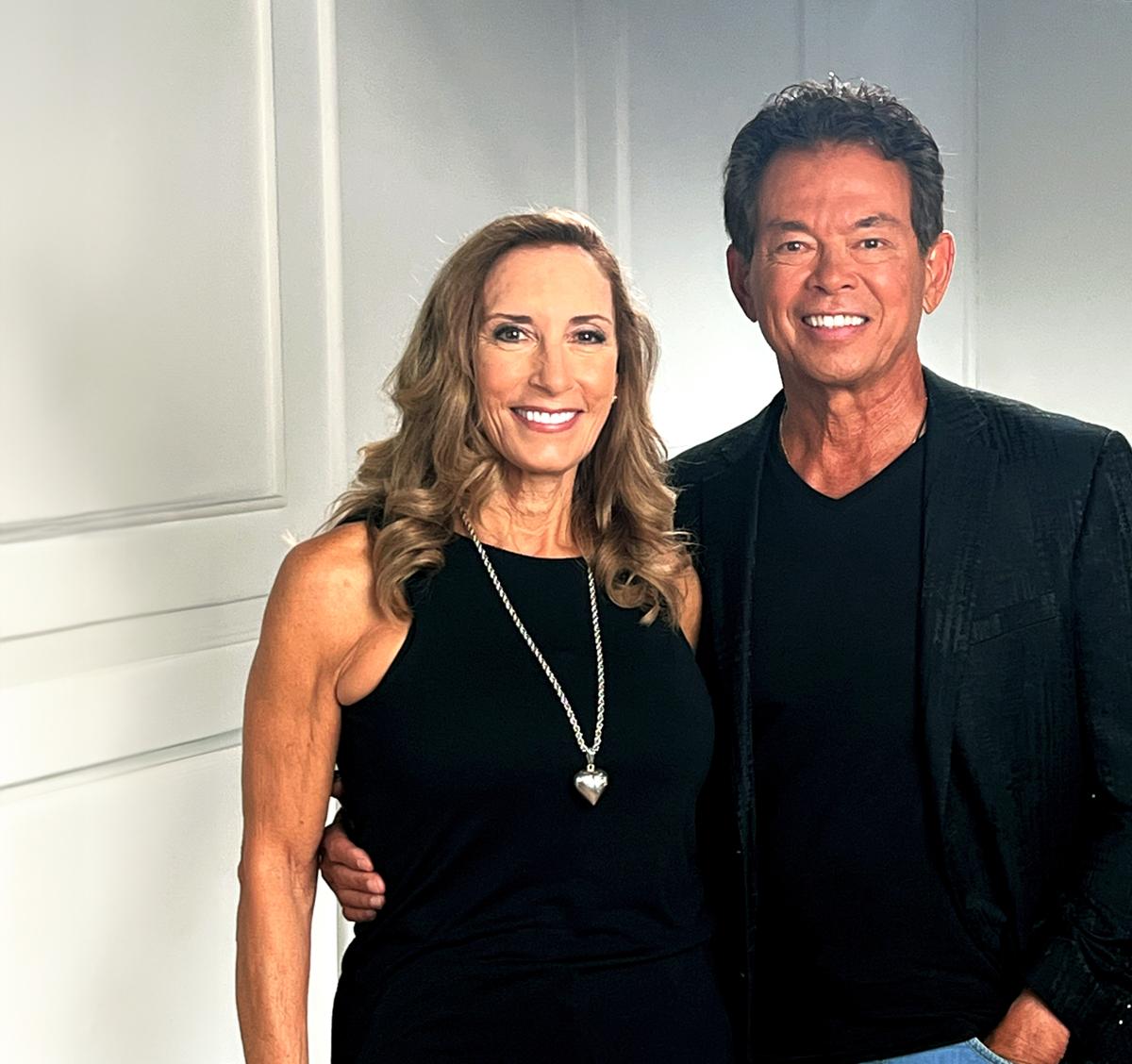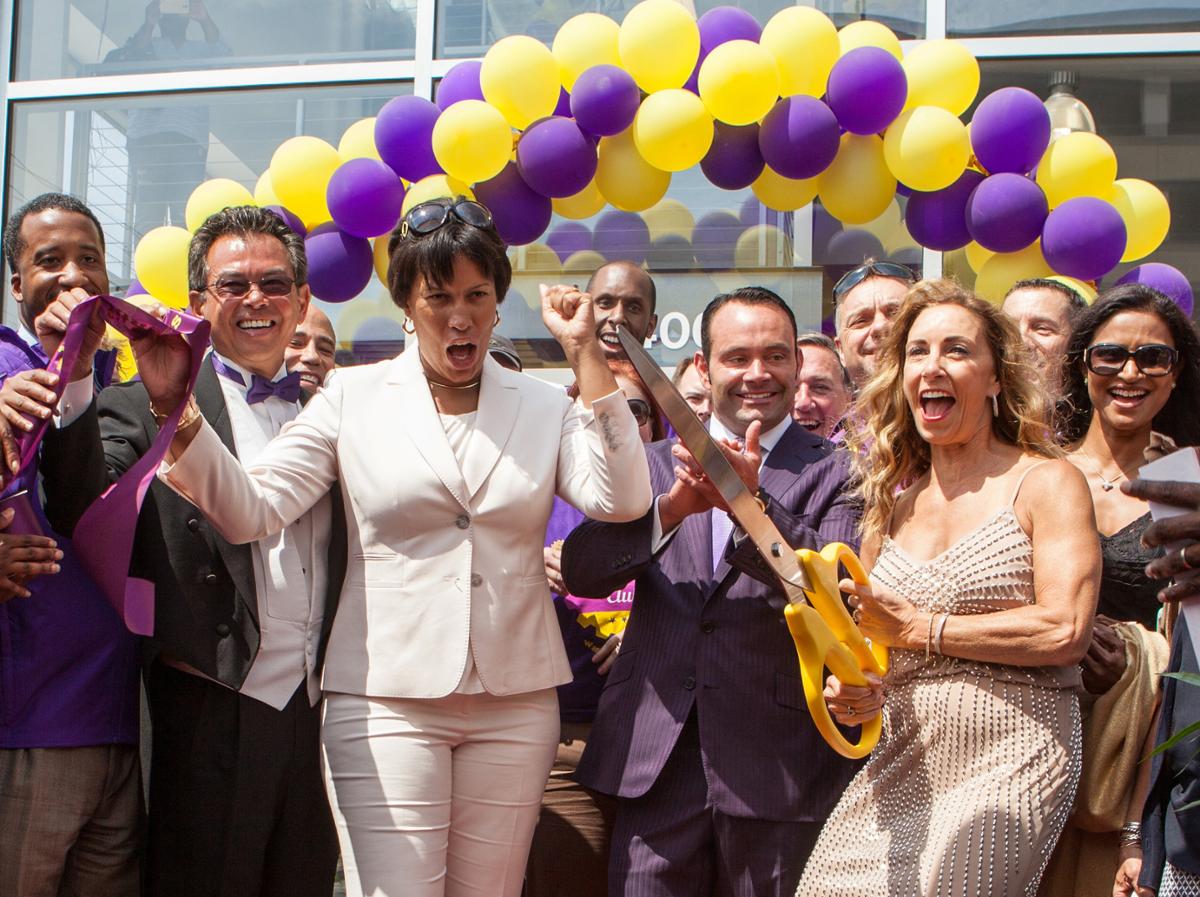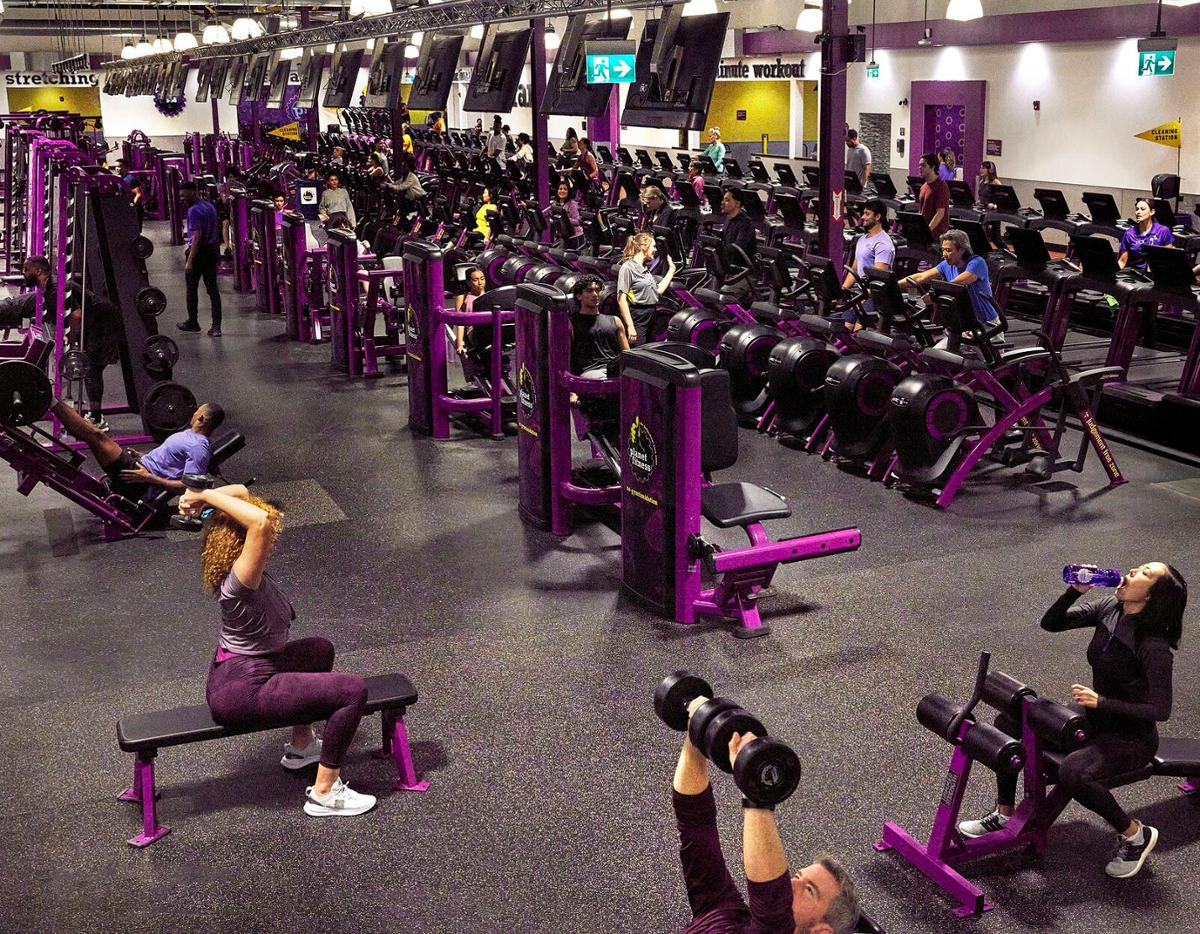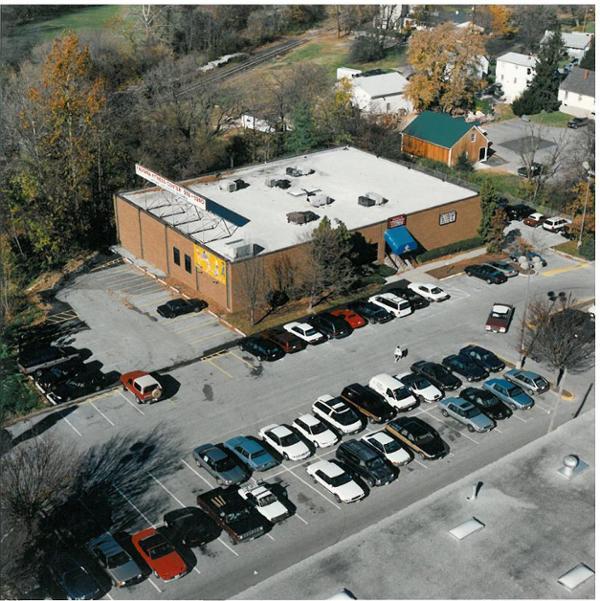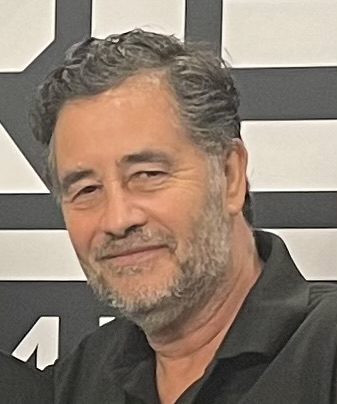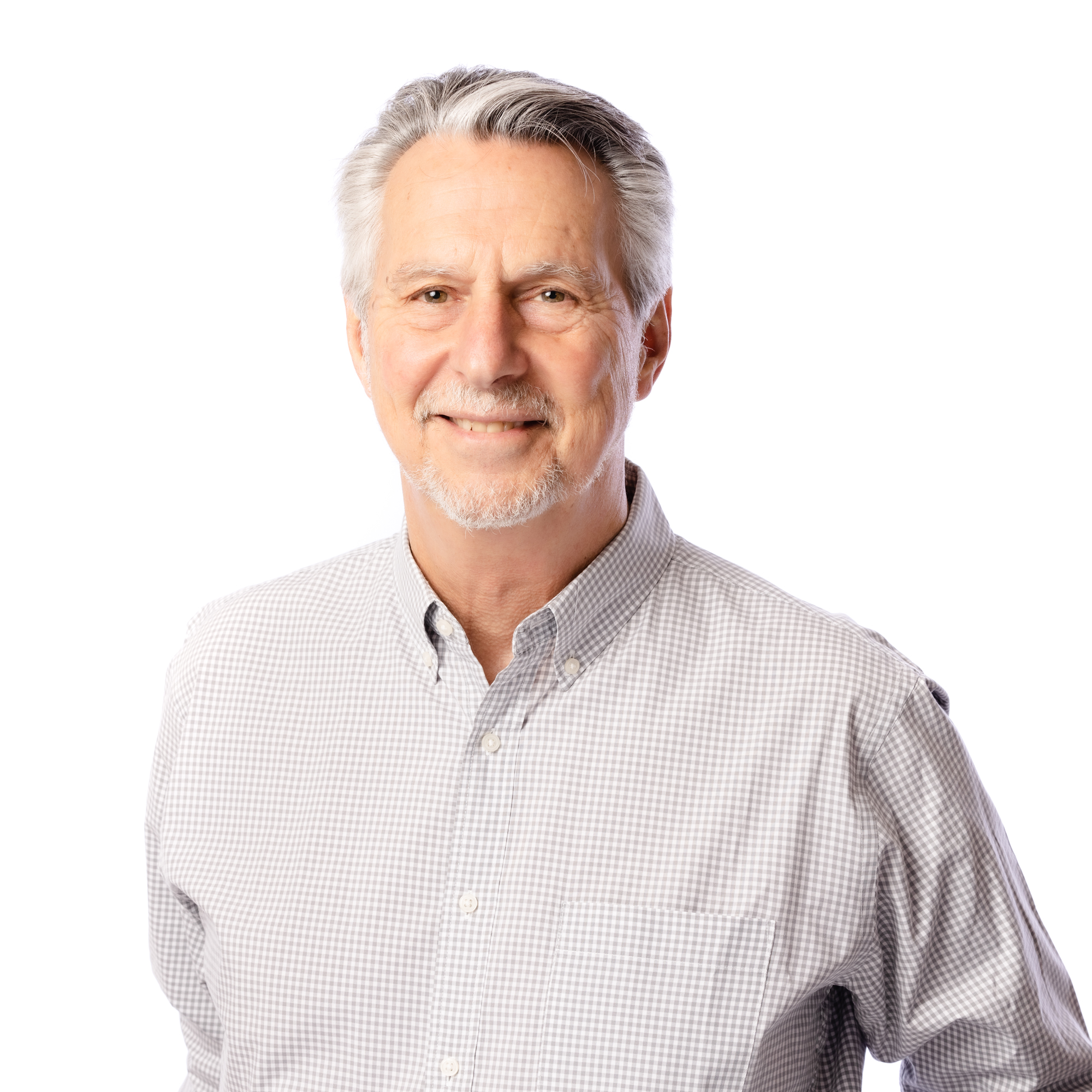There have been many challenges over my career, including when I tried to fix the roof of my first club and almost bankrupted the company and when I took a million dollars out of the business and lost it in the stock market within half an hour. But the experience that taught me the most lessons and which I’ve drawn on many times over the years, is when I bought my first health club in Baltimore.
It was 1985, I was doing all these different jobs to make a dollar here and there: coaching and refereeing basketball, teaching tennis and teaching physical education at a Community College. These were seasonal jobs which all finished at the end of the school year. We needed something more reliable, so my wife Lynne and I decided to take the plunge, follow our dream and buy our own club. As an aerobics teacher with a loyal following, she was going to be the superstar magnet.
We borrowed money from my parents and bought the Padonia Fitness Center, a combination health club/racquetball club in Baltimore, Maryland. Lynne was pregnant when we acquired the club and was soon out of action. At the same time, I realised I hadn’t done the necessary due diligence. We’d bought the club thinking it made US$28,000 a month, when actually it was billing US$28,000 a month, but only collecting US$18,000. So we had a US$10,000 a month deficit and no back-up resources.
In a panic, I called the previous owner, Clark MacKenzie, who’s still a good friend, and asked him if he would take the club back. He said to me: “Victor, I'll take the club back, but I thought you had more guts than that.”
Talk about a punch in the stomach. I paused for a moment and then said: “On second thoughts, Clark, I think we’ve got it covered.”
In that moment I changed my mindset from being an impossibility thinker to a possibility thinker and vowed to myself to make it work.
The gap between the known and the unknown can easily be filled with fear, if you let it be, but at that moment I determined to fill that gap with a plan instead.
We were losing US$10,000 a month and needed 200 sales to break even, so I decided to hold an open-house sale weekend. We promoted free aerobic classes, free refreshment and free balloons.
However, I made a rookie error and didn’t proof the postcard we mailed out – it said we had free buffoons!
That didn’t seem to hurt us and we did 205 sales that weekend. Five more than we needed. Shortly after that Lynne came back from maternity leave and since then we’ve never looked back. We now have 100 clubs and employ 1,100 people.
Never give in, never, never, never
We still own that small club – it’s now our corporate office – and every time I drive up to it I think about that scared little boy trying to give the club back. What I learned from that experience is that no matter what you try to do, if you work hard enough, you can at least break even. And if you can't, what's the worst that can happen? You start over.
Your attitude determines your altitude and that experience has influenced how I approach everything: when I need to make a decision, I make it and live with the results. In combat, they say if you're not afraid, you're a fool, but it's how you handle your fear that counts. It’s the same in business. If you're not concerned, you're naïve, but it's how you handle your concern that will make the difference.
There are still times when I wake in the middle of the night worrying about decisions. At those times I employ every stress-reducing technique I know and remind myself of the plan.
In business you never get fully comfortable with big decisions, because things could always go south. COVID is the best example of this. But, like the military, you fall back on your training and rise to the occasion.
What that experience taught me was that I had a lot more grit than I thought. Tough times don't build character, they reveal it. The ability to hang in there will get you through. Many people consider quitting right before they become successful.
I remind myself of that situation time and time again. Success comes from good judgement; good judgement comes from experience; much experience comes from bad judgement. I've had a lot of “experience” and the key is to learn from your mistakes.
You have to fail and then you have to get back up again. That's all part of grit. You keep swinging and you keep fighting and battling and all of a sudden you'll break free. It's as Sir Winston Churchill said: “Never give in, never, never, never.” I have that saying on the wall in my office.
I’d also like to share the advice my dad gave to me when he drove up from DC to help me that week in October 1985. I was so scared I couldn't sleep. I was in my office and when I saw his face my heart leaped out of my chest. I started whining to him about all the bad things that were going on and asked him: “Dad, what are we gonna do?” He said: “Just work a little harder.”
And that's what I've been doing ever since. When times are tough work a little harder. That little bit of effort will get you home.








